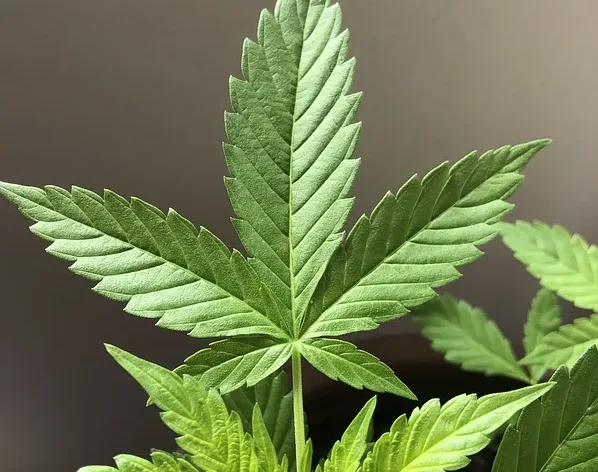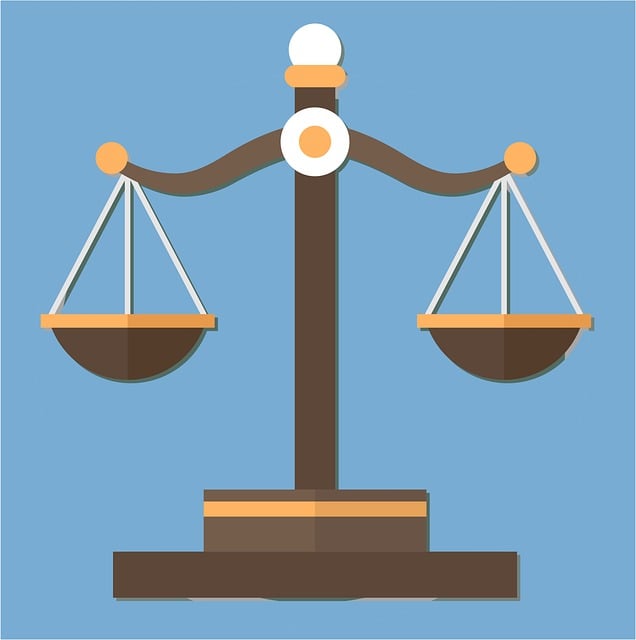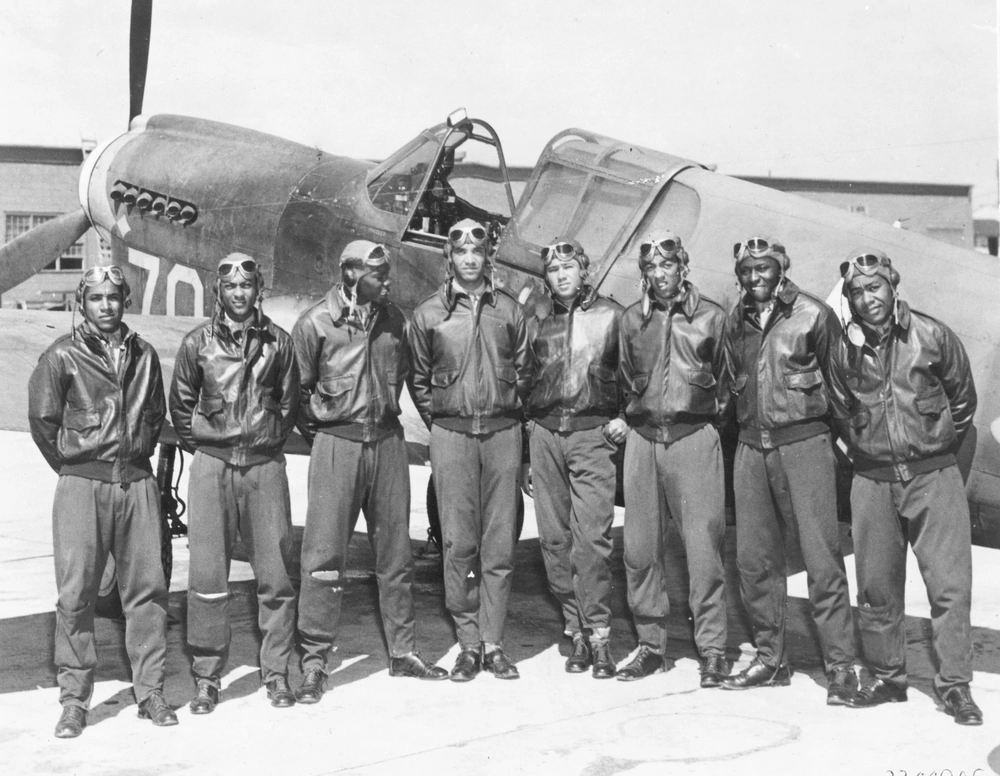Military Changing Policies on Marijuana Use Among New Recruits

In late 2023, published reports noted that in the first year of an Air Force marijuana waiver pilot program, waiver requests from potential recruits were three times the anticipated volume.
In 2024, the military seems forced to reckon with its older substance policies in light of continued problems filling the ranks with recruits. A sea change may be coming for the entire Defense Department on the cannabis issue, and a lack of new troops is the driving force.
Air Force Cannabis Waivers for New Recruits
Air Force applicants who initially test positive for THC in their initial screenings have been permitted to apply for an enlistment waiver under the pilot program instituted after the Air Force fell more than 10% short of its recruiting goals. Each waiver is reviewed case-by-case, but it’s a major departure from an older zero-tolerance policy.
In the first year of the waiver pilot program, there were three times as many applications as anticipated. The popularity of this program took some Air Force recruiting leaders by surprise.
And the Air Force isn’t the only branch of service reviewing its marijuana policies.
The Army grants cannabis waivers to select recruits. In 2024, the Navy adopted policies that no longer require the service to kick out recruits showing up for initial training and failing drug screenings before they complete boot camp.
The Navy has “expanded authority” to offer waivers to trainees who can’t pass the drug screening.
Some news sources report DoD officials claiming the policy change is to keep up with modern society. Still, in an era where the military services have been unable to meet their self-imposed recruiting goals, the move seems more driven by necessity.
So much so that even military-friendly publications label the current state of military recruiting as a “crisis” that’s lasted for “several years.”
Related: Military Money 101
Minimizing Losses
The Navy’s program is meant to keep more recruits who would have been lost in boot camp to drug screenings. Some estimate losing roughly 4 thousand new recruits a year due to cannabis testing.
That’s in addition to other changes meant to avoid losing new troops due to fitness issues. Pre-boot camp fitness programs are another aspect of the Navy’s attempts to keep more sailors in the training pipeline and avoid losing them to fitness or substance issues.
Current DoD Policy on Marijuana Use
There is often confusion among recruits about marijuana policy because, depending on the state, marijuana may be legal at the state level. Still, it is not legal at the federal level.
The Department of Defense, Department of Homeland Security, Coast Guard, Army, Navy, Air Force, Marine Corps, and Space Force are all under federal jurisdiction. That means federal drug policies are observed regardless of individual state law. As long as cannabis remains federally prohibited, federal employees may not use it legally.
A recruit might not understand that nuance going into the process, but knowing the federal law for marijuana is where most recruiters begin explaining waiver policies.
According to Navy.mil, “Marijuana remains illegal under Federal law, and service members remain subject to the UCMJ. Under federal law, marijuana is classified as a Schedule I drug as part of The Controlled Substances Act (CSA).”
420 is Illegal Under the UCMJ
Furthermore, the Uniform Code of Military Justices “continues to criminalize service members’ wrongful use, possession, and distribution of marijuana. Federal criminal law continues to criminalize the possession or distribution of marijuana.”
Those interested in joining the military but feel they may be unable to pass a drug screening should have an honest conversation with a recruiter about a marijuana waiver and the likelihood of it being approved.
Never assume you can’t qualify. Make the recruiter explain the current cannabis waiver policy, what it takes to be approved, and how to proceed once the waiver is secured.
What to Know
Each branch of service has its own policies for cannabis, recruiting, and cannabis waivers. You must apply for a waiver via your recruiter. There is no standardized, DoD-wide paperwork for these exceptions to military policy, your experience may vary depending on the branch of service.
Related: Military Money 101
About the author
Editor-in-Chief Joe Wallace is a 13-year veteran of the United States Air Force and a former reporter/editor for Air Force Television News and the Pentagon Channel. His freelance work includes contract work for Motorola, VALoans.com, and Credit Karma. He is co-founder of Dim Art House in Springfield, Illinois, and spends his non-writing time as an abstract painter, independent publisher, and occasional filmmaker.


